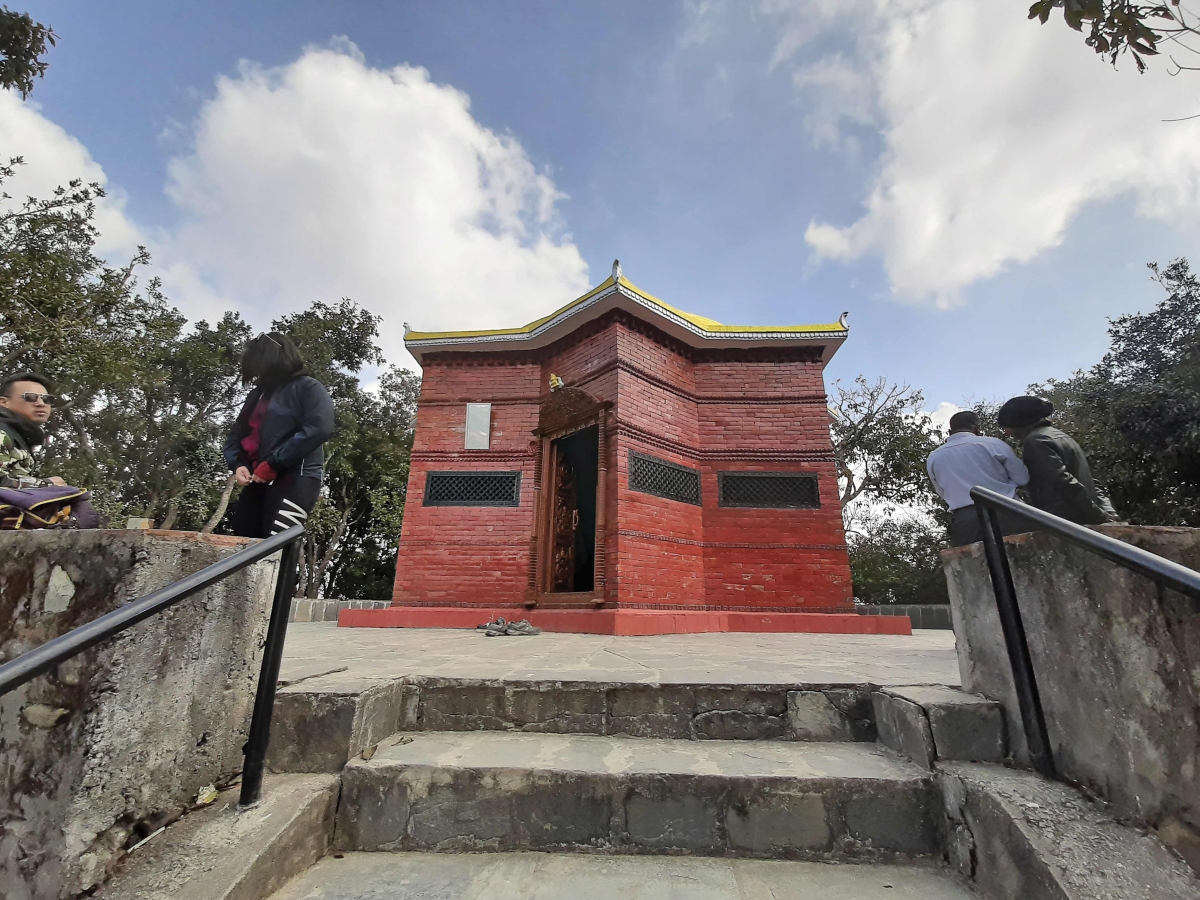[This month, ECS Nepal investigates a new breed of entrepreneurs who are realizing that making money and making a difference in the world around them does not have to be mutually exclusive.]
 Helping the needy does not necessarily mean collecting donations and spending money on them. A new strain of enterprises is cropping up all over Nepal that not only helps the needy, but also empowers them so that they can help themselves. These social enterprises believe not in giving fish to the hungry, but teaching them to fish by themselves. And, they seem to be producing unbelievable results.
Helping the needy does not necessarily mean collecting donations and spending money on them. A new strain of enterprises is cropping up all over Nepal that not only helps the needy, but also empowers them so that they can help themselves. These social enterprises believe not in giving fish to the hungry, but teaching them to fish by themselves. And, they seem to be producing unbelievable results.
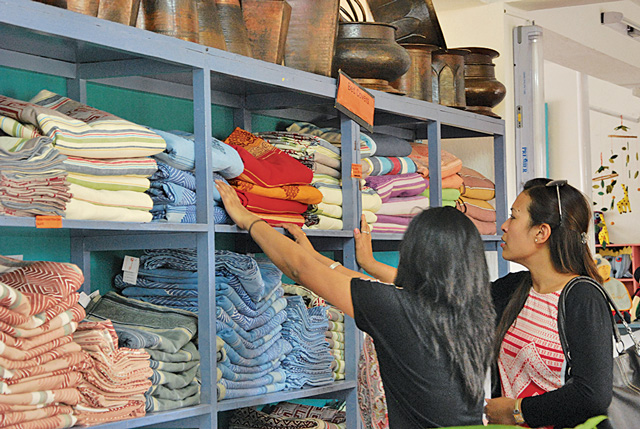 Social entrepreneurship is the practice of blending the best of business practices with social awareness. Social enterprises aim to make a sustainable and measurable impact and address social and environmental problems through economic and business practices. The key concepts behind social entrepreneurship are innovation, market orientation, and system change.
Social entrepreneurship is the practice of blending the best of business practices with social awareness. Social enterprises aim to make a sustainable and measurable impact and address social and environmental problems through economic and business practices. The key concepts behind social entrepreneurship are innovation, market orientation, and system change.
In recent years, many organizations have cropped up that have been helping the disadvantaged populace of Nepal by teaching them practical skills, helping market their skills, and empowering them economically. Instead of the traditional non-profit custom of using donations from various sources to help the underprivileged, these organizations have been focusing on empowering the disadvantaged so that they may stand on their own.
Some of the social enterprises that have been actively creating a difference in Nepal are:
Dhukuti (Association for Craft Producers)
Association for Craft Producers is a fair trade organization that provides design, marketing, management, and technical services to small-scale and low income craft producers throughout Nepal. It supports over 1000 craft producers, mostly women. They market their products through Dhukuti, where consumers can browse and shop to their hearts content. They also export their products to over 18 countries.
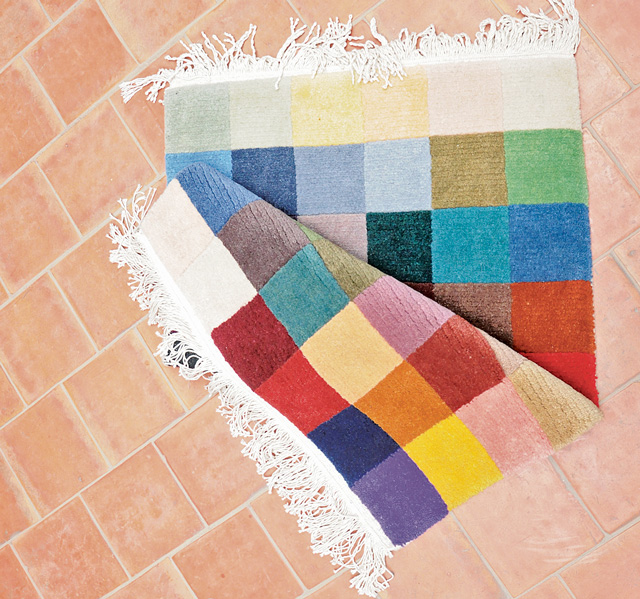 Sabah Nepal
Sabah Nepal
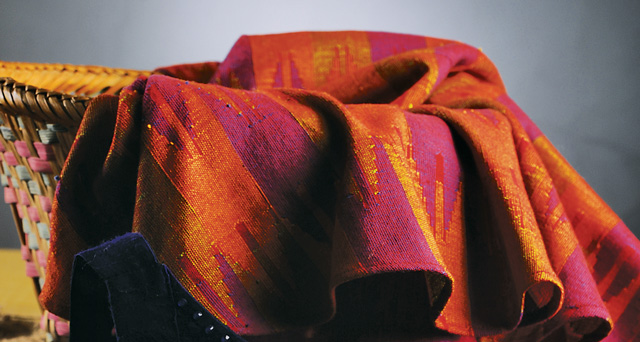 Sabah Nepal is an organization that has been working to uplift disadvantaged women by utilizing the traditional skills they already possess, such as Dhaka weaving and allo weaving. It is a member-owned organization made up of home-based workers. The organization trains women who already have the basic skills of weaving, knitting, or stitching, and gives them a platform where they can utilize their skills and generate income. All the home-based workers at Sabah are registered members, and at any time there are approximately 200 active members. They produce fashion items such as dresses, saris, kurtis, coats, etc., as well as other items such as bags, pillow clothes, and bed sheets and textile, all made from Dhaka or allo.
Sabah Nepal is an organization that has been working to uplift disadvantaged women by utilizing the traditional skills they already possess, such as Dhaka weaving and allo weaving. It is a member-owned organization made up of home-based workers. The organization trains women who already have the basic skills of weaving, knitting, or stitching, and gives them a platform where they can utilize their skills and generate income. All the home-based workers at Sabah are registered members, and at any time there are approximately 200 active members. They produce fashion items such as dresses, saris, kurtis, coats, etc., as well as other items such as bags, pillow clothes, and bed sheets and textile, all made from Dhaka or allo.
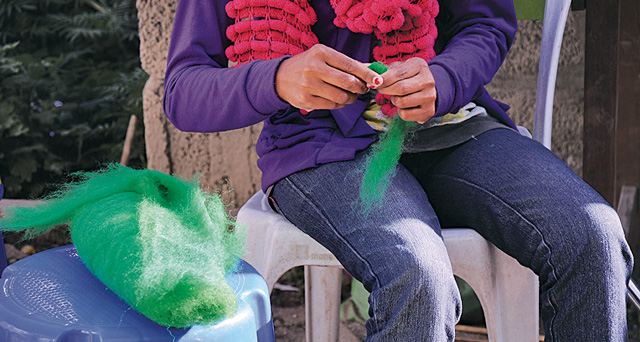 Kumbheshwor Technical School
Kumbheshwor Technical School
Kumbheshwor Technical School is an educational and vocational school for low income families. It was originally established to help the local Pode (street sweeper) community and allow them access to education and employment. Today, it provides education to low-income children through its primary school and vocational training in carpet weaving, knitting, and carpentry to young men and women. It also supports income-generating activities through the sale of its products, which supports 250 producers and 2,500 families, and enables the organization to be self sustaining.
EPSA
EPSA, which stands for Entire Power in Social Action, is a non-profit organization that enables disabled women living in poverty. Disabled women in Nepal are highly disadvantaged, both socially and financially. EPSA provides them with a platform to utilize their skills and benefit financially. The organization markets and sells felt and knitting products produced by disabled women. They also provide training and scholarships for children of disabled women, and organize public awareness programs.
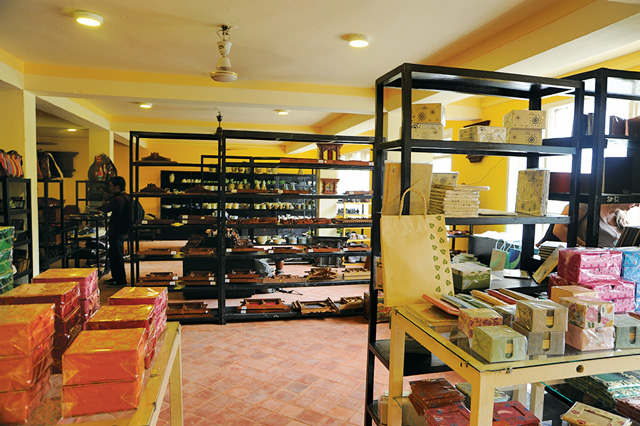 WEAN
WEAN
WEAN is a cooperative that supports Nepali women through encouragement of entrepreneurship. It provides trainings, and markets products made by women entrepreneurs across Nepal. They also coordinate international exhibitions and trade fairs, and provide credit and saving facilities to these women. Most of the products marketed by WEAN include handicrafts and food products, which are sold locally, as well as exported abroad to counties like Japan, New Zealand, United states, Australia, Germany, etc.
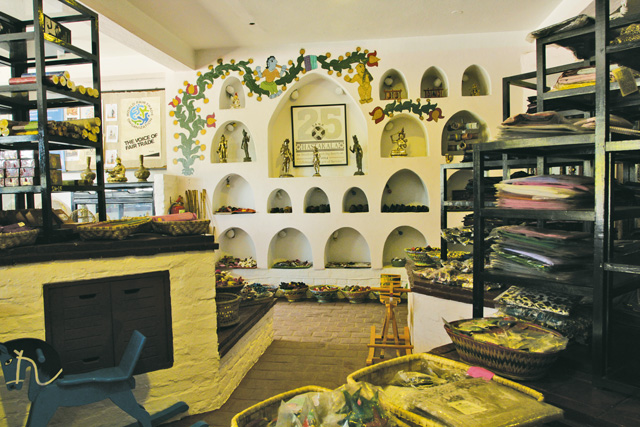 Sana Hastakala
Sana Hastakala
Sana Hastakala, which means “small handicraft”, is a Fair Trade organization that retails and exports quality Nepali handicraft items made by small scale producers across Nepal, as well as their own production team. It is a self sufficient non-profit organization that promotes Nepali handicrafts, besides empowering small-scale handicraft producers technically and financially.
Mahaguthi
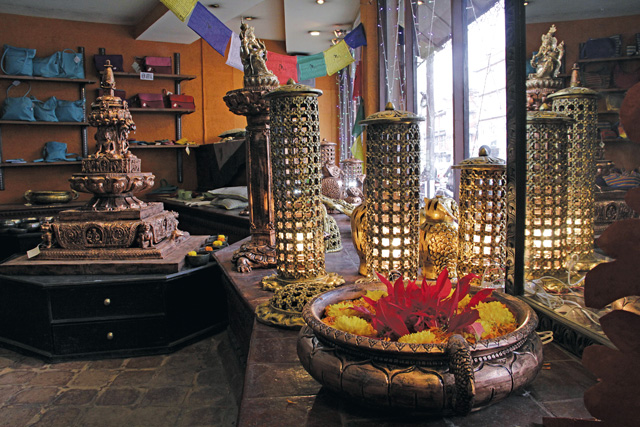 Mahaguthi “Craft with a Conscience” is another non-profit organization that supports socially and economically disadvantaged craft producers of Nepal. They work with over 100 artisans across Nepal, and retail their products through their stores in different parts of Kathmandu. The income from Mahaguthi also helps to run the Tulsi Meher Mahila Ashram, which provides shelter, food, and vocational training for destitute women and their children, with the objective of making them self reliant.
Mahaguthi “Craft with a Conscience” is another non-profit organization that supports socially and economically disadvantaged craft producers of Nepal. They work with over 100 artisans across Nepal, and retail their products through their stores in different parts of Kathmandu. The income from Mahaguthi also helps to run the Tulsi Meher Mahila Ashram, which provides shelter, food, and vocational training for destitute women and their children, with the objective of making them self reliant.
These organizations are actively working to make a difference in Nepal, and are inspiring a whole new generation of social entrepreneurs. In the days to come, we can hope to see more social enterprises that can generate profit while still creating a difference in the lives of many.


